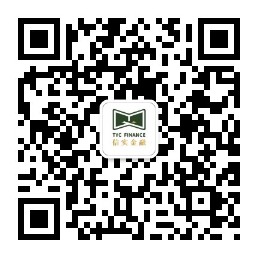As the digital economy evolves, a major question emerges for Islamic finance, tech, and Shariah scholarship alike: How do digital assets and tokenized rights relate to ownership in Shariah?
Classical Fiqh on Ownership (Milkiyyah)
In Shariah, ownership is the legally recognised relationship between a person and a thing, granting the right to use, benefit from, and dispose of it — within Shariah limits.
Traditionally, this included:
- Tangible property (e.g., land, livestock, gold).
- Usufruct (manfaʿah) from leasing according to the majority. The Hanafis considered this valid due to Urf and necessity.
The asset had to be:
Māl (valuable in the eyes of people)
Mutaqawwim (permissible to use under Shariah)
Now, we’re faced with:
- Digital assets
- Utility and governance tokens
- NFTs and tokenised IP
- On-chain access rights
The rights to these are intangible, often non-rivalrous, existing in code, yet they:
- Hold value
- Are transferrable
- Enable use and control
- Can be inherited, sold, or gifted
From a Fiqh lens, this raises the question: Can something virtual be classified as Māl and thus owned (milkiyyah)?
Some scholars are now recognising digital assets as valid forms of Māl, because:
They are customarily treated as valuable (ʿurf)
They offer clear benefit or function (manfaʿah)
They can be legally controlled and protected
They are acknowledged by some legal systems
Fiqh is dynamic — not frozen in pre-digital categories. As long as the digital asset represents:
A legitimate use-case
A clearly defined right
A lawful benefit
…then it is possible to classify it under milkiyyah, just like we did with electricity, radio frequencies, or IP rights in the past.
The asset doesn’t need to be physical — it needs to be valuable, usable, and independently existent.
The blockchain enables digital tokens to:
- Exist without attachment to specific people
- Be accessed across borders and time zones
- Represent discrete rights or assets, enforceable through code
Not Every Digital Token Qualifies
Digital assets and ownership requires substance. Hence, the following are not ownable:
Tokens with no real utility or benefit.
Meme coins created for speculation.
Assets tied to haram usage or structures.
Tokens with unclear legal status or enforceability.
Final Thought
The Fiqh of ownership is not about atoms — it’s about value, control, and ethical legitimacy.
If we define ownership solely by physical form, we risk missing the new digital realities shaping finance, trade, and society.
As Islamic finance enters the world of blockchains, tokens, and metaverses, we need to test the central pillars of 'ownership'.
Let’s build digital economies rooted in authentic Shariah principles, not just technical compatibility.


